"Assassin's Creed 2 and 3: The Peak of Series Writing"
One of the most unforgettable moments in the entire Assassin's Creed series occurs early in Assassin's Creed 3, when Haytham Kenway completes his mission to assemble a group of assassins in the New World—or so the player is led to believe. Haytham, equipped with a hidden blade and the same charm as the beloved Ezio Auditore, has until this point been portrayed as a hero, freeing Native Americans from prison and confronting arrogant British redcoats. The revelation comes when he utters the Templar creed, "May the Father of Understanding guide us," making it clear that we have been following the Templars, the series' sworn enemies.
This twist epitomizes the true potential of the Assassin's Creed franchise. The original game introduced a compelling premise—track down, understand, and assassinate your targets—but struggled with a lackluster narrative and one-dimensional characters, including both protagonist Altaïr and his victims. Assassin's Creed 2 improved the protagonist's depth with the iconic Ezio, yet the antagonists, such as Cesare Borgia in the spinoff Assassin's Creed: Brotherhood, remained underdeveloped. It was not until Assassin's Creed 3, set during the American Revolution, that Ubisoft dedicated equal attention to both the hunter and the hunted, creating a seamless narrative flow from setup to payoff. This balance of gameplay and story has yet to be matched in subsequent titles.
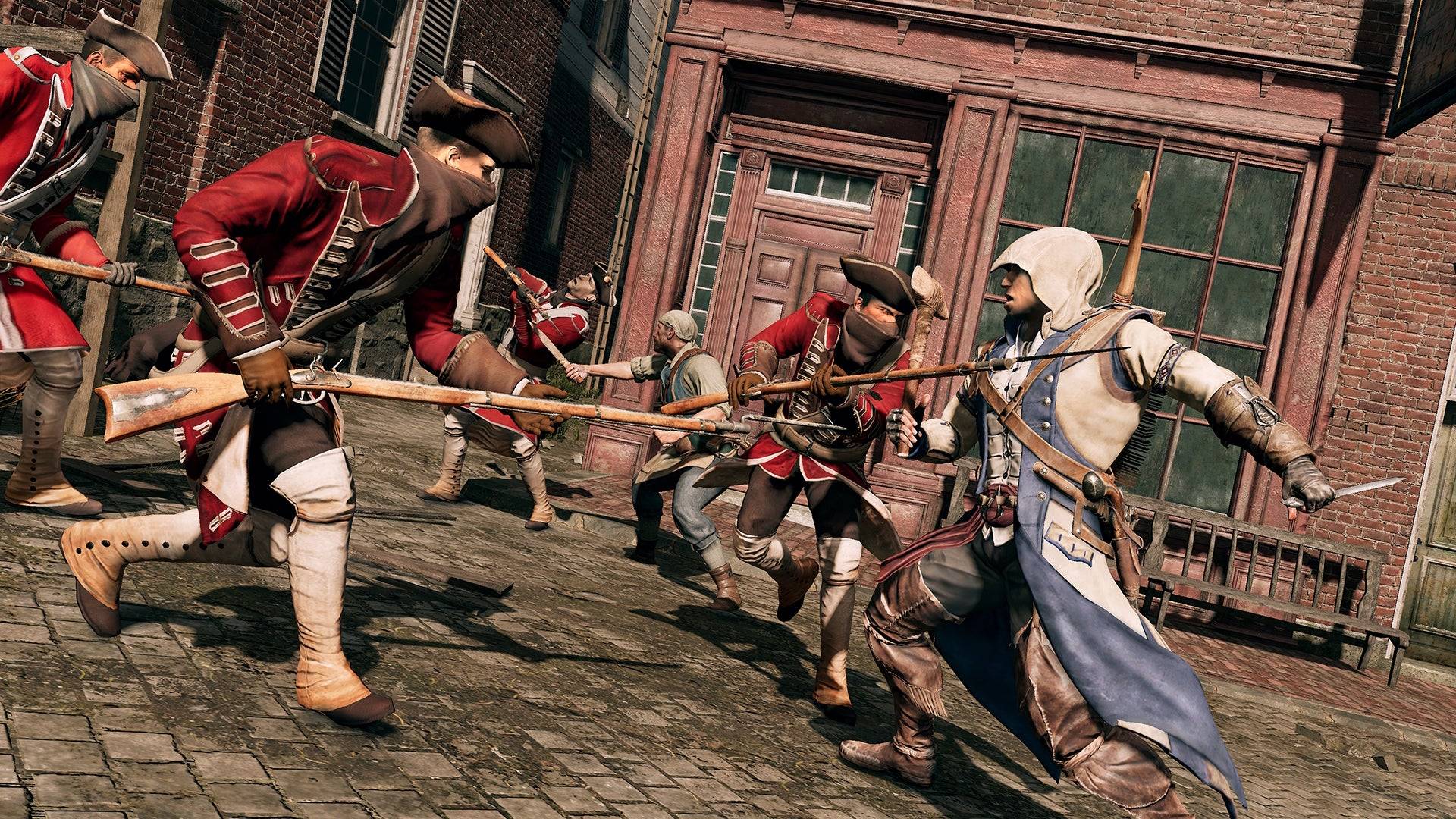
While the current RPG-focused era of the series has been largely praised by fans and critics alike, there is a growing consensus that Assassin's Creed is experiencing a decline. Some argue this is due to increasingly fantastical elements, like battling mythological beings such as Anubis and Fenrir, or the introduction of varied romance options and the controversial use of historical figures like the African samurai Yasuke in Assassin's Creed Shadows. However, I believe the real issue lies in the series' shift away from character-driven storytelling, now overshadowed by expansive open-world elements.
Over time, Assassin's Creed has evolved from its action-adventure roots by integrating RPG and live service elements, including dialogue trees, XP-based leveling, loot boxes, microtransactions, and gear customization. Yet, as the games have grown larger, they've begun to feel more hollow, not only due to repetitive side quests but also in terms of their storytelling.
While a game like Assassin's Creed Odyssey boasts more content than Assassin's Creed 2, much of it feels less polished and engaging. The addition of player choice through dialogue and actions, intended to enhance immersion, often results in the opposite effect. The need to accommodate multiple scenarios dilutes the script's quality and character development, unlike the more focused, cinematic narratives of the action-adventure era, which allowed for deeply defined characters.
This shift has broken the immersion, making interactions feel more like encounters with computer-generated characters rather than with complex historical figures. In contrast, the Xbox 360/PS3 era of the franchise delivered some of the most compelling writing in video games, from Ezio's defiant "Do not follow me, or anyone else!" after defeating Savonarola, to Haytham's poignant soliloquy upon being killed by his son, Connor:
*“Don't think I have any intention of caressing your cheek and saying I was wrong. I will not weep and wonder what might have been. I'm sure you understand. Still, I'm proud of you in a way. You have shown great conviction. Strength. Courage. All noble qualities. I should have killed you long ago.”*
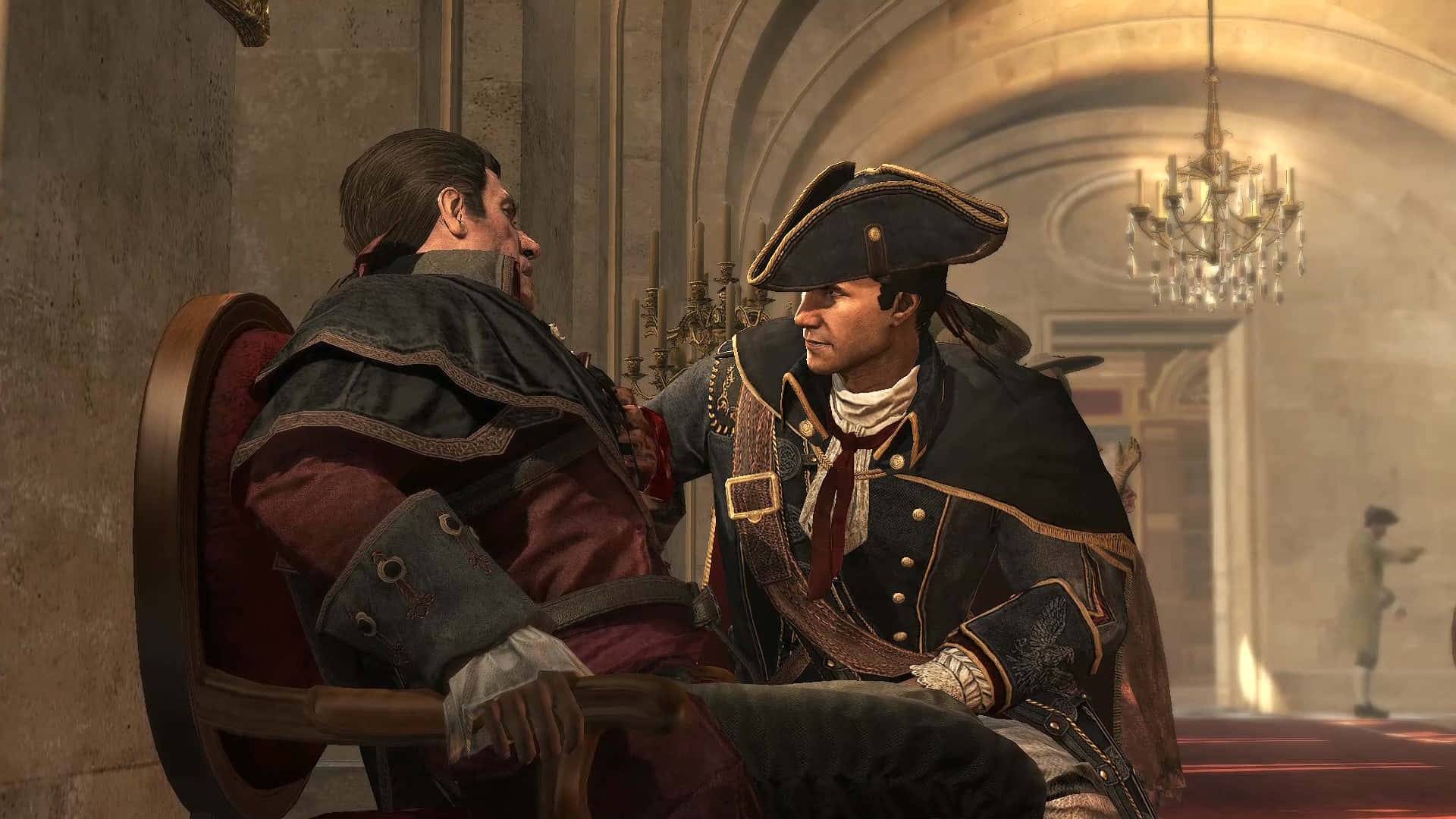
The narrative approach has also shifted in recent games, simplifying the moral dichotomy to Assassins = good and Templars = bad, whereas earlier titles delved into the gray areas between the two factions. In Assassin's Creed 3, each Templar's dying words challenge Connor's—and the player's—beliefs. William Johnson suggests the Templars could have prevented the Native American genocide, Thomas Hickey dismisses the Assassins' mission as unattainable, and Benjamin Church insists on the subjectivity of perspective, noting that the British view themselves as victims. Haytham questions Connor's faith in George Washington, hinting at future despotism, a claim reinforced when it's revealed that Washington, not Charles Lee, ordered the burning of Connor's village. By the game's end, the narrative leaves players with more questions than answers, enriching the story.
Reflecting on the franchise's history, the enduring appeal of the Jesper Kyd-composed "Ezio's Family" from Assassin's Creed 2, now the series' official theme, highlights the character-driven nature of the PS3 era games. The melancholic guitar strings evoke not just the Renaissance setting but Ezio's personal tragedy of losing his family. While I appreciate the expansive world-building and graphical advancements in the current Assassin's Creed games, I hope the series might one day return to its roots with focused, character-centric narratives. However, in today's market, dominated by vast open worlds and live service models, such a shift may not align with commercial priorities.
-
1

Top Streaming Platforms for Live Sports in 2025
Jun 18,2025
-
2

GTA 6 Set for Fall 2025 Release, CEO Confirms
Apr 03,2025
-
3

First ALGS in Asia Emerges in Japan
Jan 19,2025
-
4
![Roblox Forsaken Characters Tier List [UPDATED] (2025)](https://img.jdzca.com/uploads/18/17380116246797f3e8a8a39.jpg)
Roblox Forsaken Characters Tier List [UPDATED] (2025)
Mar 05,2025
-
5

Roblox: CrossBlox Codes (January 2025)
Mar 04,2025
-
6
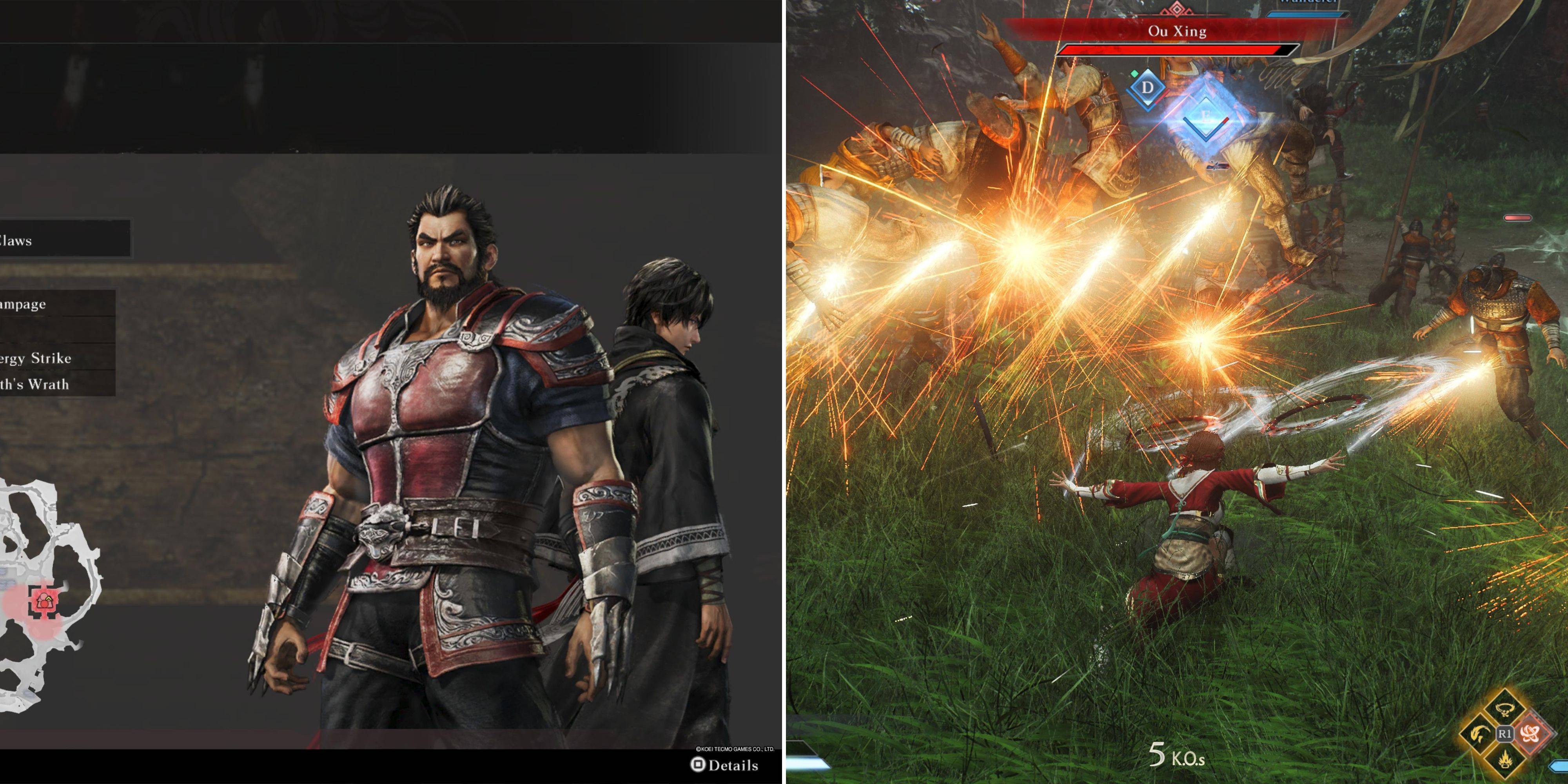
Introducing the Ultimate Guide to Seamless Character Swapping in Dynasty Warriors: Origins
Feb 25,2025
-
7
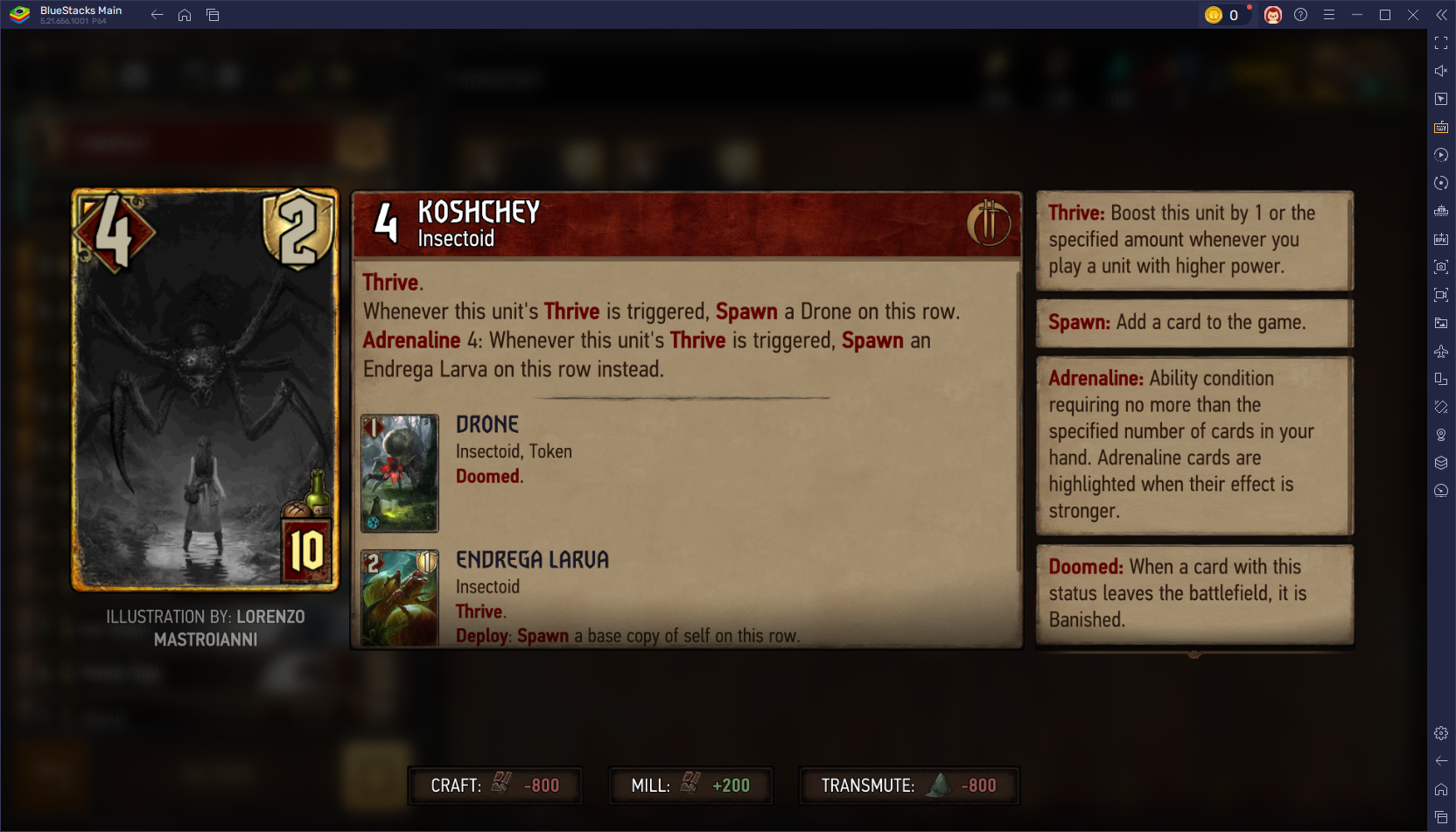
Gwent: Top 5 Witcher Decks (2025 Update)
Mar 13,2025
-
8

Cute mobs in Minecraft: pink pigs and why they are needed
Mar 06,2025
-
9
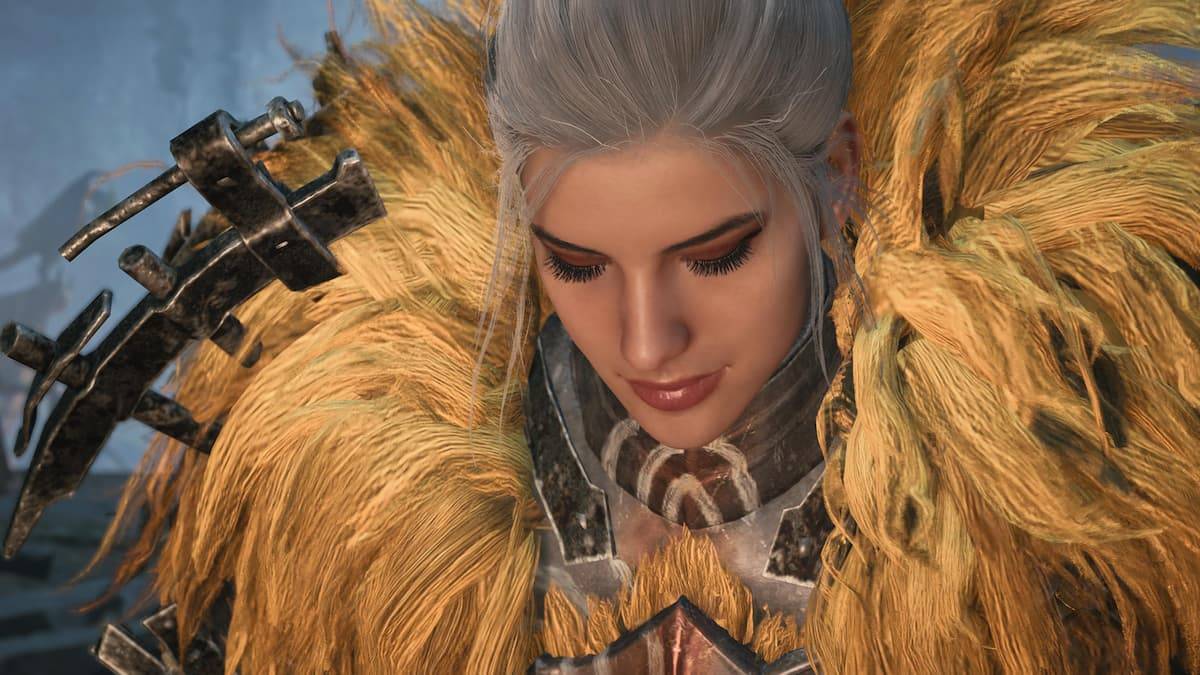
Max Hunter Rank in Monster Hunter Wilds: Tips to Increase
Apr 04,2025
-
10
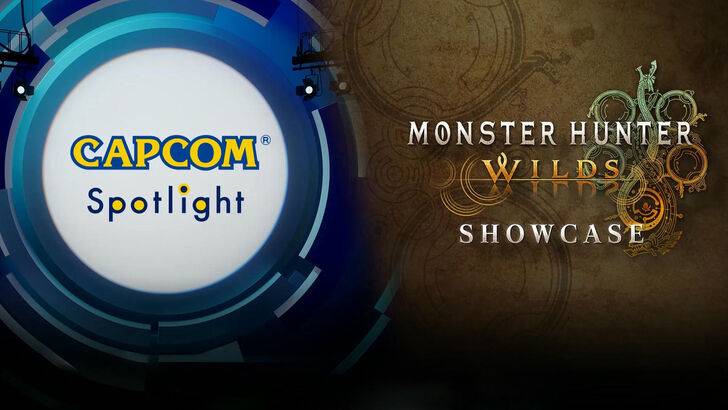
Capcom Spotlight Feb 2025 Showcases Monster Hunter Wilds, Onimusha and More
Apr 01,2025
-
Download

Portrait Sketch
Photography / 37.12M
Update: Dec 17,2024
-
Download

Friendship with Benefits
Casual / 150.32M
Update: Dec 13,2024
-
Download

F.I.L.F. 2
Casual / 352.80M
Update: Dec 20,2024
-
4
[NSFW 18+] Sissy Trainer
-
5
Pocket Touch Simulation! for
-
6
슬롯 마카오 카지노 - 정말 재미나는 리얼 슬롯머신
-
7
Chubby Story [v1.4.2] (Localizations)
-
8
Life with a College Girl
-
9
Shuffles by Pinterest
-
10
Hunter Akuna














